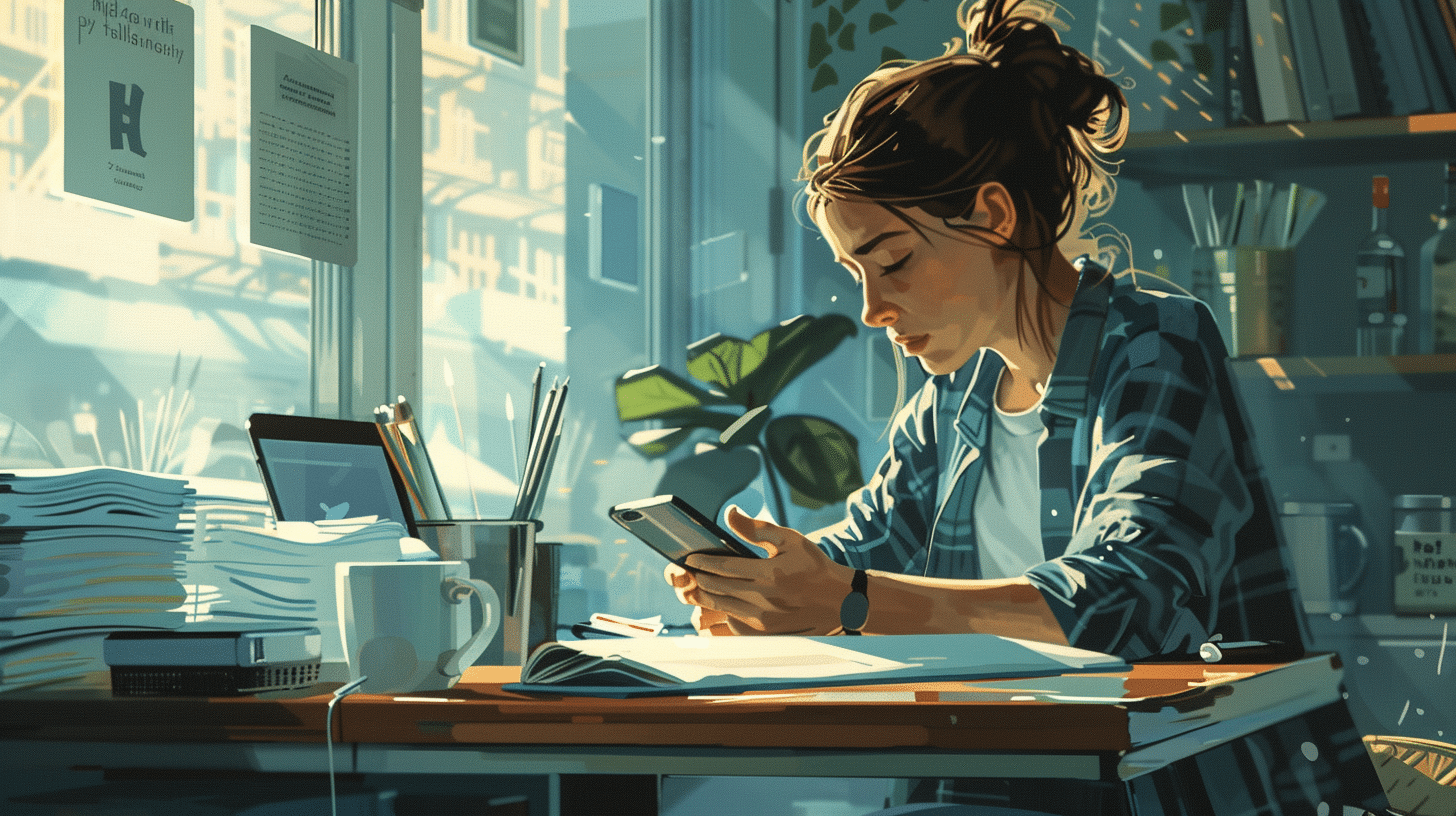Pick a language and start learning!
Adjective agreement with nouns Grammar Exercises for Ukrainian Language

Mastering adjective agreement with nouns is a crucial aspect of learning Ukrainian, as it ensures that your sentences are grammatically correct and sound natural. In Ukrainian, adjectives must agree with the nouns they modify in gender, number, and case. This means that an adjective will change its form depending on whether the noun it describes is masculine, feminine, or neuter, as well as whether it is singular or plural. Additionally, the case of the noun—nominative, accusative, genitive, etc.—will also affect the adjective's ending. Understanding and practicing these rules will significantly improve your fluency and accuracy in Ukrainian.
To help you get a solid grasp on adjective agreement with nouns, we have designed a variety of exercises tailored to different levels of proficiency. These exercises will guide you through the intricacies of adjective-noun harmony, providing you with ample practice in identifying the correct adjective forms in various contexts. Whether you're a beginner just starting out with the basics or an advanced learner looking to refine your skills, these exercises will offer you the structured practice you need to master this essential element of Ukrainian grammar. Dive in, and watch your confidence and competence in Ukrainian soar!
Exercise 1
<p>1. Я бачив *велику* будівлю (adjective for "big" in feminine form).</p>
<p>2. У мене є *гарний* друг (adjective for "handsome" in masculine form).</p>
<p>3. Вона носить *синю* сукню (adjective for "blue" in feminine form).</p>
<p>4. Ми купили *новий* комп'ютер (adjective for "new" in masculine form).</p>
<p>5. Вони живуть у *старому* будинку (adjective for "old" in masculine form).</p>
<p>6. Моя сестра має *маленьку* собаку (adjective for "small" in feminine form).</p>
<p>7. Він п'є *теплий* чай (adjective for "warm" in masculine form).</p>
<p>8. У них є *великий* сад (adjective for "big" in masculine form).</p>
<p>9. Вона купила *червоне* яблуко (adjective for "red" in neuter form).</p>
<p>10. Ми побачили *цікаву* виставу (adjective for "interesting" in feminine form).</p>
Exercise 2
<p>1. Вона купила *нову* сукню (adjective for a new dress).</p>
<p>2. Ми гуляли по *зеленому* парку (adjective for a green park).</p>
<p>3. Він знайшов *стару* книгу (adjective for an old book).</p>
<p>4. Вони бачать *синє* небо (adjective for a blue sky).</p>
<p>5. Я шукаю *цікавий* фільм (adjective for an interesting movie).</p>
<p>6. У нас є *великий* будинок (adjective for a big house).</p>
<p>7. Вона одягнула *червону* сукню (adjective for a red dress).</p>
<p>8. Ми приготували *смачну* вечерю (adjective for a tasty dinner).</p>
<p>9. Він написав *короткий* лист (adjective for a short letter).</p>
<p>10. Вони купили *дорогий* автомобіль (adjective for an expensive car).</p>
Exercise 3
<p>1. Моя сестра носить *червону* сукню (колір сукні).</p>
<p>2. Вони побудували *великий* будинок (розмір будинку).</p>
<p>3. У парку ростуть *зелені* дерева (колір дерев).</p>
<p>4. Ми купили *смачні* фрукти на ринку (якість фруктів).</p>
<p>5. Я люблю читати *цікаві* книжки (характеристика книжок).</p>
<p>6. Бабуся подарувала мені *теплий* шарф (відчуття від носіння).</p>
<p>7. У мене є *новий* телефон (стан телефону).</p>
<p>8. Вона одягла *синю* спідницю (колір спідниці).</p>
<p>9. Вони подивилися *веселий* фільм (настрій фільму).</p>
<p>10. У нас є *старий* телевізор (вік телевізора).</p>






